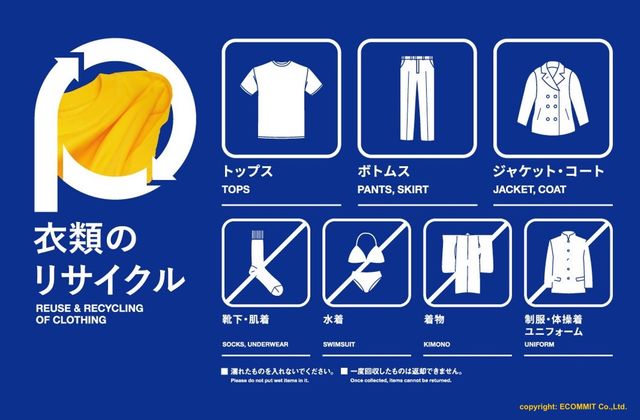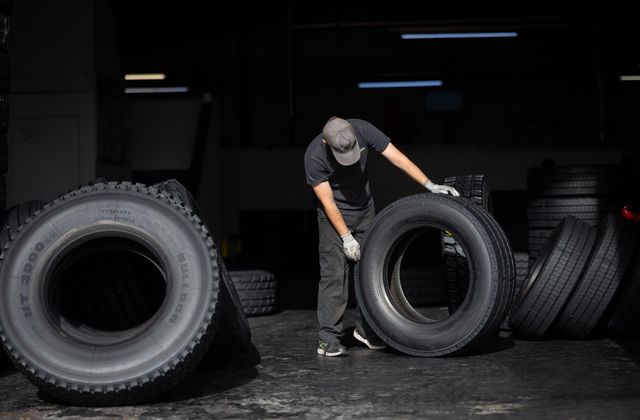What is it? goFLUX is a peer-to-peer ride-sharing app that enables shared rides on smaller journeys, specifically on commutes. They aim to reduce traffic volumes and CO2 emissions. goFLUX partner with employers and local transport associations to facilitate the use of their app among passengers and enable swift intermodal and multimodal mobility (goFLUX, 2022c).
Why is this important? Cars are a building block of many transport systems, accounting for 83% of personal transport in the EU, and the number of cars is growing (Material Economics, 2018). Personal car use is highly inefficient, with cars being used on average at only 2% of their capacity, with vehicles being stationary 92% of the time and seats remaining empty (Material Economics, 2018). Cars with space for four or five passengers are on average only occupied by 1.5 passengers (goFLUX, 2022c). These empty seats bring about CO2 emissions, congestion and air pollution with ever-more single-occupied cars being added to the road.
Main resource strategy: Narrowing the loop by using the existing resource of a personal car more efficiently. Ensuring that the existing resources of empty seats in personal cars are used better can help take additional cars off the road and reduce congestion and exhaust emissions.
Business model aspects:
- Value Proposition: goFLUX have developed an app that pairs drivers offering rides in their personal transport with passengers looking for rides. As of early 2022, the app is mainly being aimed at customers in Germany. goFLUX collaborate directly with employers and transport associations to spread the use of the service and help their partners meet their climate targets (goFLUX, 2022a).
- Value Creation & Delivery: Members can use the app to offer seats to others on their journey and the goFLUX app visualises the offers to passengers looking for a ride. The app connects the members for a shared ride and calculates the optimal route. The app also includes a built-in payment system.
- Value Capture: Members can offer rides at €0.15/km to other members and goFLUX receives a 15% commission fee on the ride (goFLUX, 2022b).
Strategies for degrowth/ sufficiency (based on sufficiency strategies from Niessen & Bocken, 2021):
- Awareness-raising: goFLUX provide information about sustainable mobility and sustainable business strategies and models on their blog.
- Exchange platform: By providing a peer-to-peer ride-sharing platform for members to offer rides to each other, they aid users in their commute while reducing emissions on their journeys.
Business model experimentation practices: Starting off as a pilot project at the Hochschule Bonn-Rhein-Sieg, University of Applied Sciences in December 2018, goFLUX was officially turned into a business in March 2019 and has been expanding its reach with the help of cooperating partners. They have partnered with several companies to offer the service to employees and have been cooperating with transport associations to offer the service in their areas (goFLUX, 2022c).
Tools, methods and approaches used: goFLUX has been measuring its emissions with the support of ClimatePartner in order to offset its own emissions (goFLUX, 2022d).
Sources:
goFLUX (2022a). Fuer Arbeitgebende. Accessed 7 February 2022 at: https://goflux.de/
goFLUX (2022c). Ueber uns. Accessed 7 February 2022 at: https://goflux.de/ueber-uns/
goFLUX (2022d). Unser Team. Accessed 7 February 2022 at: https://goflux.de/team/
***
About project Circular X
Project Circular X is about ‘Experimentation with Circular Service Business Models’. It is an ambitious research project funded by the European Research Council (ERC) which supports top researchers from anywhere in the world. Project CIRCULAR X runs from 2020-2025. The project is led by Principal Investigator (PI) Prof Dr Nancy Bocken, who is joined by a multidisciplinary team of researchers at Maastricht Sustainability Institute (MSI), Maastricht School of Business and Economics, Maastricht University. The project cooperates with businesses who want to innovate towards the circular economy.
Project Circular X addresses a new and urgent issue: experimentation with circular service business models (CSBMs). Examples of such new business models include companies shifting from selling products to selling services and introducing lifelong warrantees to extend product lifetimes. However, CSBMs are far from mainstream and research focused on experimentation is little understood. The research aims to conduct interdisciplinary research with 4 objectives:
- Advancing understanding of CSBMs; their emergence and impacts
- Advancing knowledge on CSBM experimentation
- Developing CSBM experimentation tools
- Designing and deploying CSBM experimentation labs
Funding source
This project has received funding from the European Research Council (ERC) under the European Union’s Horizon 2020 research and innovation programme, grant agreement No. 850159.
Using this information
When you cite this publication, please use the following source:
Circular X. (2022) Case study: goFLUX - Ridesharing for daily commutes. Accessed from www.circularx.eu



